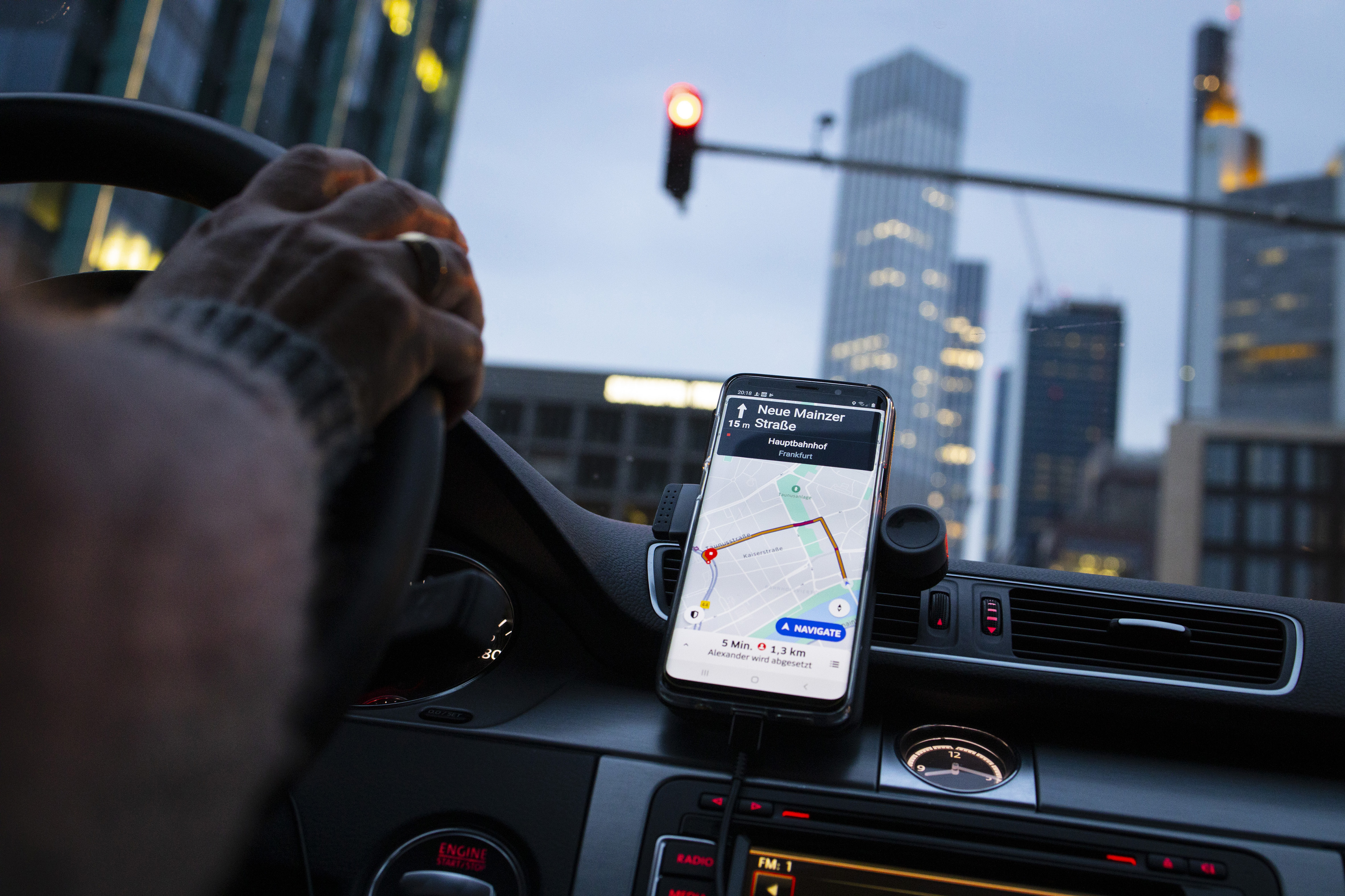The Senate’s historic $2 trillion stimulus package will make history in one more way: by providing some financial assistance to gig workers.
Late last night, the Senate passed a $2 trillion stimulus bill in response to the COVID-19 pandemic. As part of the bill, which makes its way to the House of Representatives for a vote this week, gig workers would be eligible to apply for unemployment benefits. Additionally, the bill would provide $600 per week in federal assistance for unemployed workers for up to four months.
This is good news for gig workers, who have been fighting for companies like Uber, Lyft and DoorDash to provide them with benefits. In California, there is already a law that would give gig workers benefits, but companies have so far chosen not to adhere to it. Even more, companies like Uber, Lyft, DoorDash and Instacart are backing a ballot initiative that would enable them to keep their workers as independent contractors. These companies’ rationale is that the gig worker protections law in California, which outlines what makes someone an employee versus an independent contractor, does not apply to their businesses.
Earlier this week, Uber CEO Dara Khosrowshahi wrote a letter to President Donald Trump asking him to include gig workers in the bill. Khosrowshahi also argued that there needs to be a third employment classification for gig workers that “would update our labor laws to remove the forced choice between flexibility and protection for millions of American workers.”
“I am thankful that the U.S. Senate has ensured that drivers and delivery people—along with all independent workers—will qualify for expanded unemployment insurance under the bipartisan COVID-19 relief package passed today,” Khosrowshahi said in a statement. “The 1.3 million Americans who drive and deliver with Uber are facing extraordinary economic challenges. Many are on the front lines of this crisis, keeping their communities moving and getting food to people sheltering indoors. Those who’ve lost the opportunity to earn need and deserve this support.”
What Khosrowshahi is saying about workers facing extraordinary economic challenges and being on the front lines of the crisis is true, but it doesn’t take into account the fact that Uber could offer drivers and delivery workers benefits without the help of the U.S. government. In addition to unemployment benefits, gig workers have organized around better pay, disability insurance and the right to unionize.
“We applaud the U.S. Senate and leadership of both of both chambers for moving quickly and in a bipartisan manner to put money directly into the hands of Americans. Lyft has consistently advocated for stimulus that helps people, not companies, and we urge swift House passage of this bill,” a Lyft spokesperson said in a statement. “This will help the vast majority of people who drive with Lyft, most of whom have regular full- or part-time jobs and drive in their spare time. We’re proud that the Lyft community is playing a key role in this historic challenge — from driving seniors to food banks to getting healthcare workers to hospitals, Lyft’s transportation networks are keeping people connected to essential services throughout the country.”
The stimulus bill passed in a 96-0 unanimous vote after days of deliberation on the Senate floor. The cooperative vote signals the country’s dire need for financial help, as political leaders from both parties worked toward a quick, imperfect bill that would provide Americans and the broader economy quick relief rather than getting mired in a protracted political back-and-forth over the package’s details.
While speed is key to the effort’s success, some of the bill’s critics are wary of repeating mistakes made during the 2008 financial crisis, when a massive federal bailout package rescued big business and finance while average Americans struggled to recover for the next decade. Presidential candidate Bernie Sanders pressed that comparison Wednesday night on the Senate floor, though ultimately voted to approve the measure and move it over to the House.
On Wednesday, Rep. Alexandria Ocasio-Cortez (D-NY) signaled her own objections to the stimulus package. If the House isn’t able to unanimously agree to pass the legislation, lawmakers currently in their home states during recess could return to Washington to cast a recorded vote and hash out the bill’s remaining details.
“With the health risks of travel, there is no easy choice here,” Ocasio-Cortez told CNN. “But essential workers are showing up and putting their health at risk every day, and if the final text of a bill is set up to hurt them, it may be something we have to do.”
Read more: https://techcrunch.com/2020/03/26/stimulus-gig-workers-covid-19-coronavirus-uber/



Recent Comments